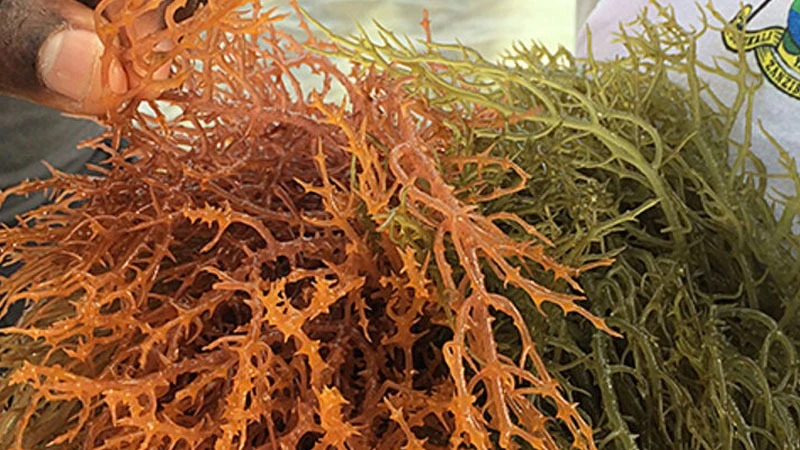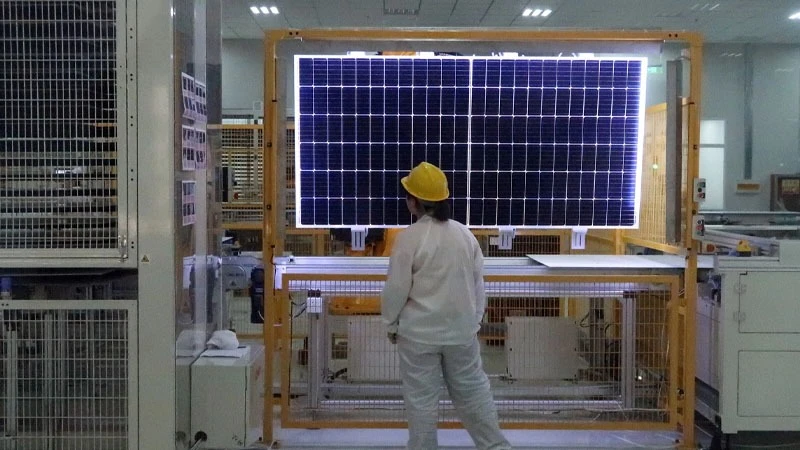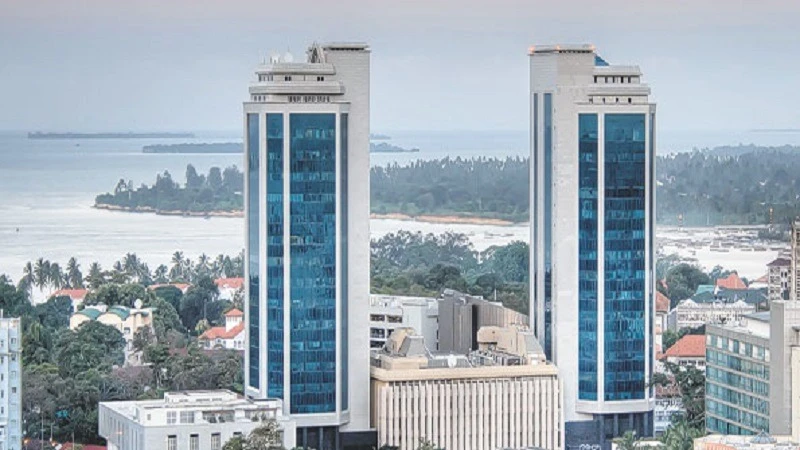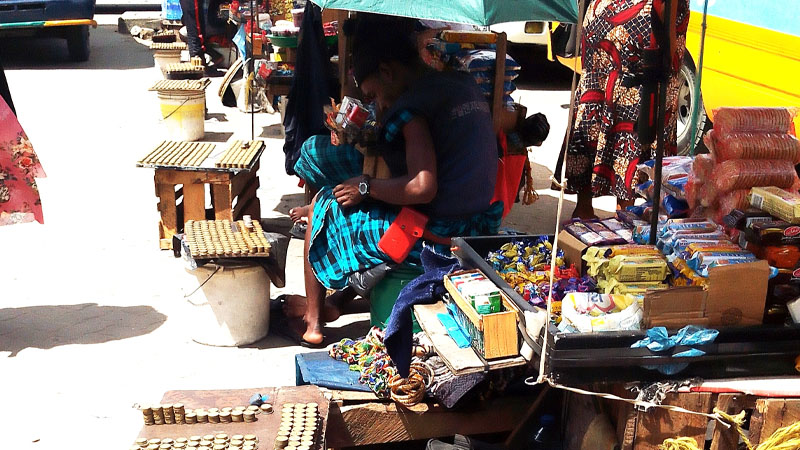Seaweed processing factory construction being finalised

ZANZIBAR is finalising the construction of a seaweed processing factory valued at 8.5bn/-, set for Chamangwe area in Pemba.
Mohamed Said Khamis, the Blue Economy and Fisheries acting ministerial director of planning, policy and research, made this affirmation here over the weekend at the launch of a campaign to promote seaweed production and use.
The move is meant to stimulate seaweed production and increase productivity among the farmers, as the factory eases doubts when the seaweed campaign is being conducted.
Seaweed has considerable nutrients, so there is every reason for the people to value this crop, he said, noting that the use of seaweed and its products will help build a healthier society.
The products help improve immunity in the body, helping people avoid repeated medications, which lessens the burden of importing drugs, he said, pointing out that efforts are being made to sort out challenges facing seaweed growers.
These include unreliable and unpredictable prices, he said, asserting that building the factory will help seaweed growers to harvest the produce and process it locally instead of transporting it as raw materials.
”Our aim is to see farmers improving their lives and income as they will be sure of the market of their produce,” he stated, elaborating that farmers stand to be uplifted as the ministry takes various efforts like providing them with the best agriculture inputs.
They will also be handed boats plus new technology for the cultivation of the crop, as the factory has the capacity to process upwards of 30,000 tonnes of seaweed per year.
Amina Ussi, the local coordinator for the International Fund for Agricultural Development (IFAD), said seaweed had potential of boosting incomes and uplift lives of the farmers.
She urged investments in educating farmers and the wider public on the hidden potential in seaweed, in view of order to higher output and need for wider local markets.
Official data shows that the crop was introduced here in 1988, and it currently employs 25,000 people, mostly rural women, while upwards of 150,000 people benefit indirectly from the seaweed industry.
While seaweed and its products are in demand, cultivation takes place in deep water and is highly specialised, with women farmers unable to farm the higher-value variety.
“Being locked into fixed-rate sales with agents also severely limits the value of their seaweed,” the coordinator noted.
Top Headlines
© 2024 IPPMEDIA.COM. ALL RIGHTS RESERVED



















